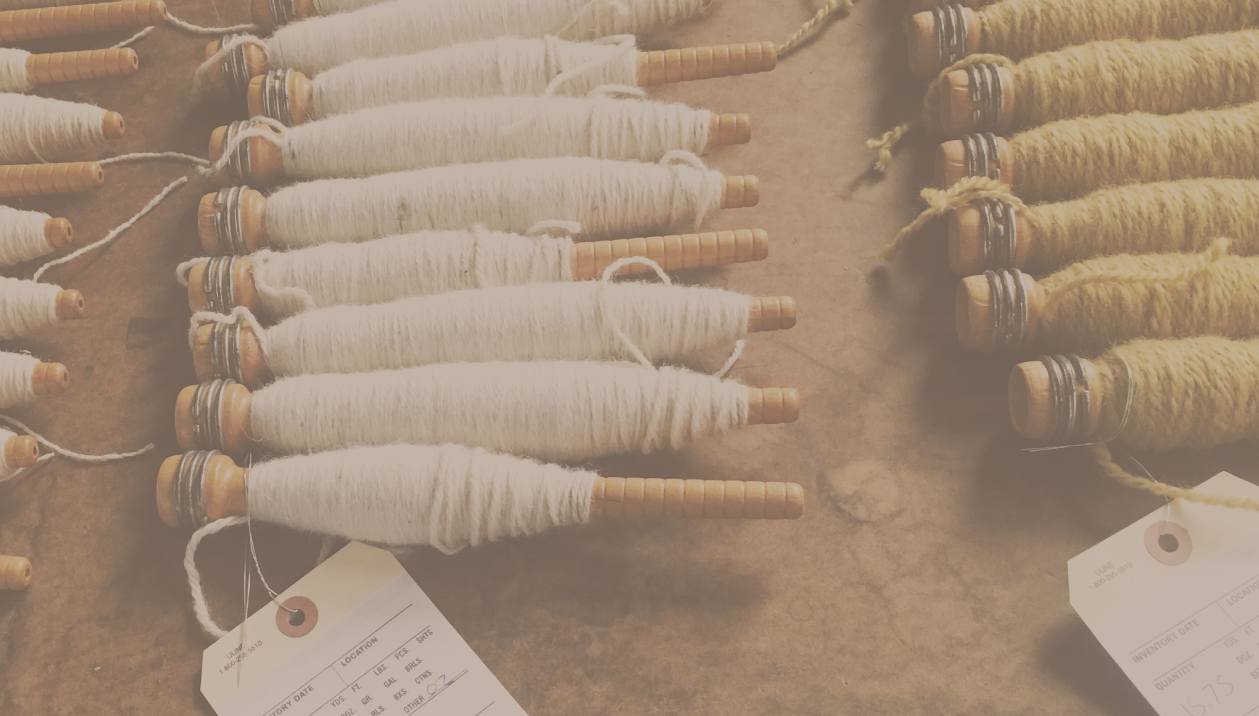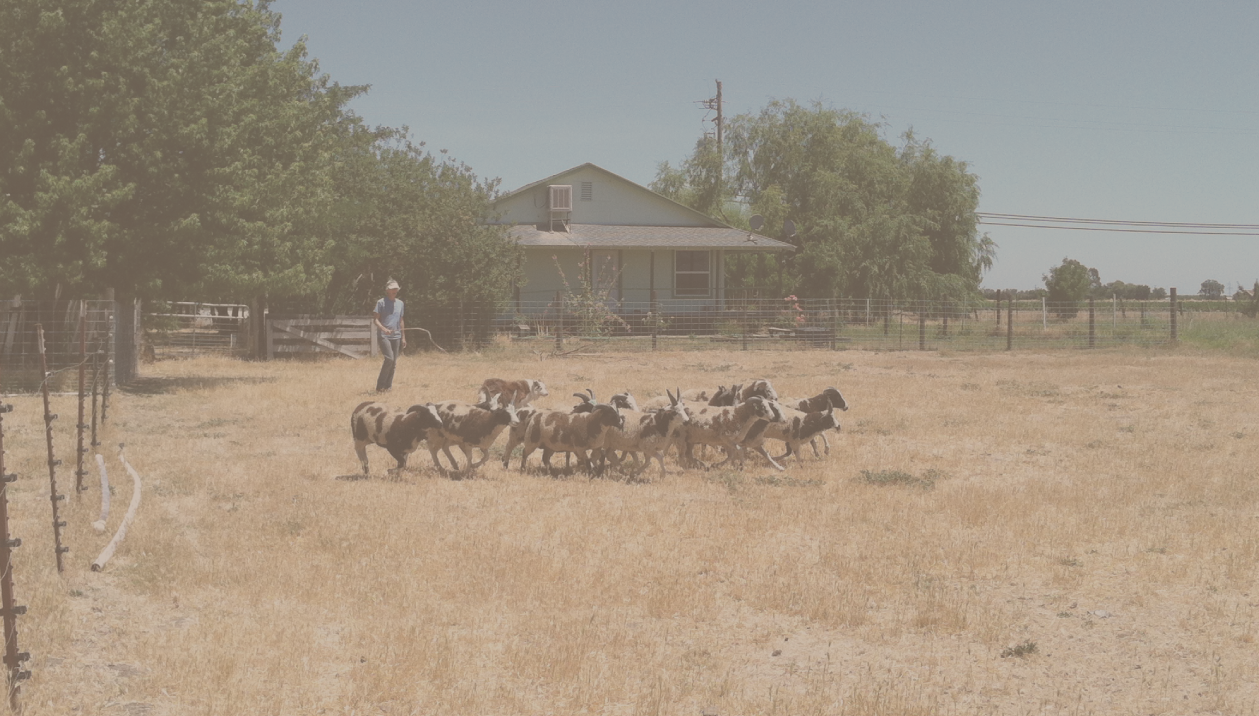‘I tell you what, little sister, I been to boot camp and shearin’ school and shearin’ school’s harder.’
— From chapter one of Raw Material, Working Wool in the West

The Story of American Wool
Follow a sweater with an “Italian Merino” label back far enough and chances are its life began not in
Many people want to look behind the label and know where their clothes come from, but the textile supply chain – one of the most toxic on the planet — remains largely invisible. In Raw Material: Working Wool in the West, Stephany Wilkes tells the story of American wool through her own journey to becoming a certified sheep shearer.
What begins as a search for local yarn becomes a dirty, unlikely, and irresistible side job. Wilkes leaves her tech job for a way of life considered long dead in the American West. Along the way, she meets ornery sheep that weigh more than she does, carbon-sequestering ranchers, landless grazing operators, rare breed stewards, and small-batch yarn makers struggling with drought, unfair trade agreements, and faceless bureaucracies as they work to bring eco-friendly fleece to market.

A Modern Day Memoir
Raw Material demonstrates that the back must break to clothe the body, that excellence often comes by way of exhaustion. With humor and humility, Wilkes follows wool from the farm to the factory, through the hands of hardworking Americans trying to change the culture of clothing. Her story will appeal to anyone interested in the fiber arts or the textile industry, and especially to environmentally conscious consumers, as it extends the concerns of the sustainable food movement to fleece, fiber, and fashion.
Excerpt from Raw Material
Two days ago, a former rodeo cowboy — a barrel of a man — said to me: “I tell you what, little sister. My first year, a man told me: ‘I been to boot camp and shearin’ school and shearin’ school’s harder.’ And I think he’s right.”
Having had the shit kicked out of me by a sheep, I do too.
I rehashed the beating I rightfully deserved for my inexperienced sheep handling. It had come from the ewe I’d pulled out of the pen after lunch. Rotund. Breathing like a bull. Energetic. She seemed so much heavier than the sheep I’d sheared that morning, with a smooth, stretched-out, full belly, a sloshing, six-gallon ruminant system inside.
As soon as I flipped the fighting, wheezing ewe onto her back, I could see what must be mastitis. Lambs had weaned recently. One side of her udder was swollen and hard, the tip of her teat engorged with white chunks that looked like dried cottage cheese: pus, congealed milk, or both. I instinctively wished I could administer an anti-inflammatory painkiller I did not have. Little wonder she fought so. I raised my left hand, shouted for someone to hand me a grease pen, and marked the sheep’s forehead, a bright blue signal to the shepherd that this sheep had a problem to which he must attend.
Unfortunately—full or not, mastitis or not—this gal had to be sheared. In order to avoid nicking or cutting a sheep’s teats and udder, shearers gently hold and roll the udder out of the way. This keeps the shearer fully aware of where both udder and hand are in relation to the sharp, motor propelled shears. I preemptively winced at the thought of making this move, recalling what certain, newly mothered friends had told me about their own mastitis. I did not want to touch that udder. The sheep would, understandably, want to kill me. I had no choice.